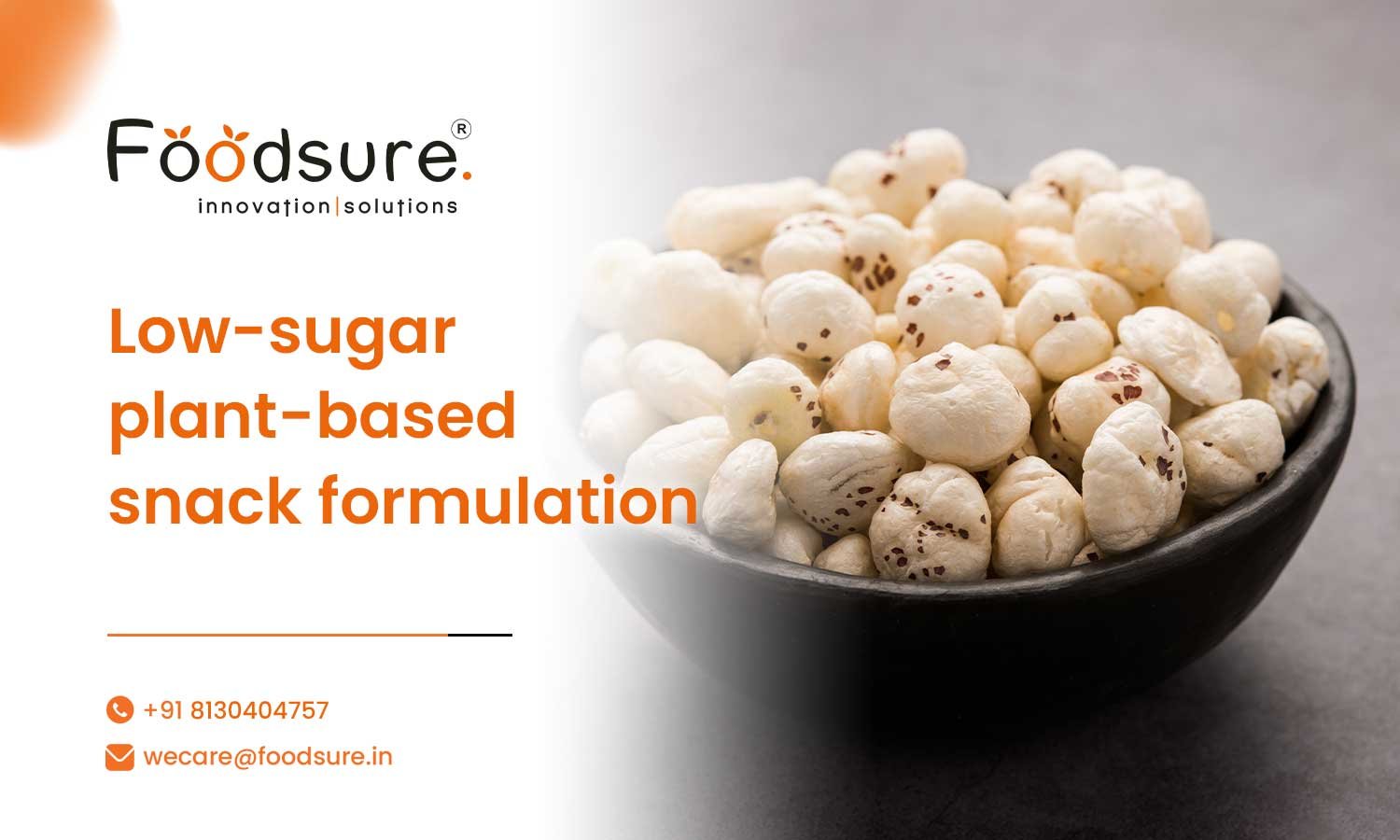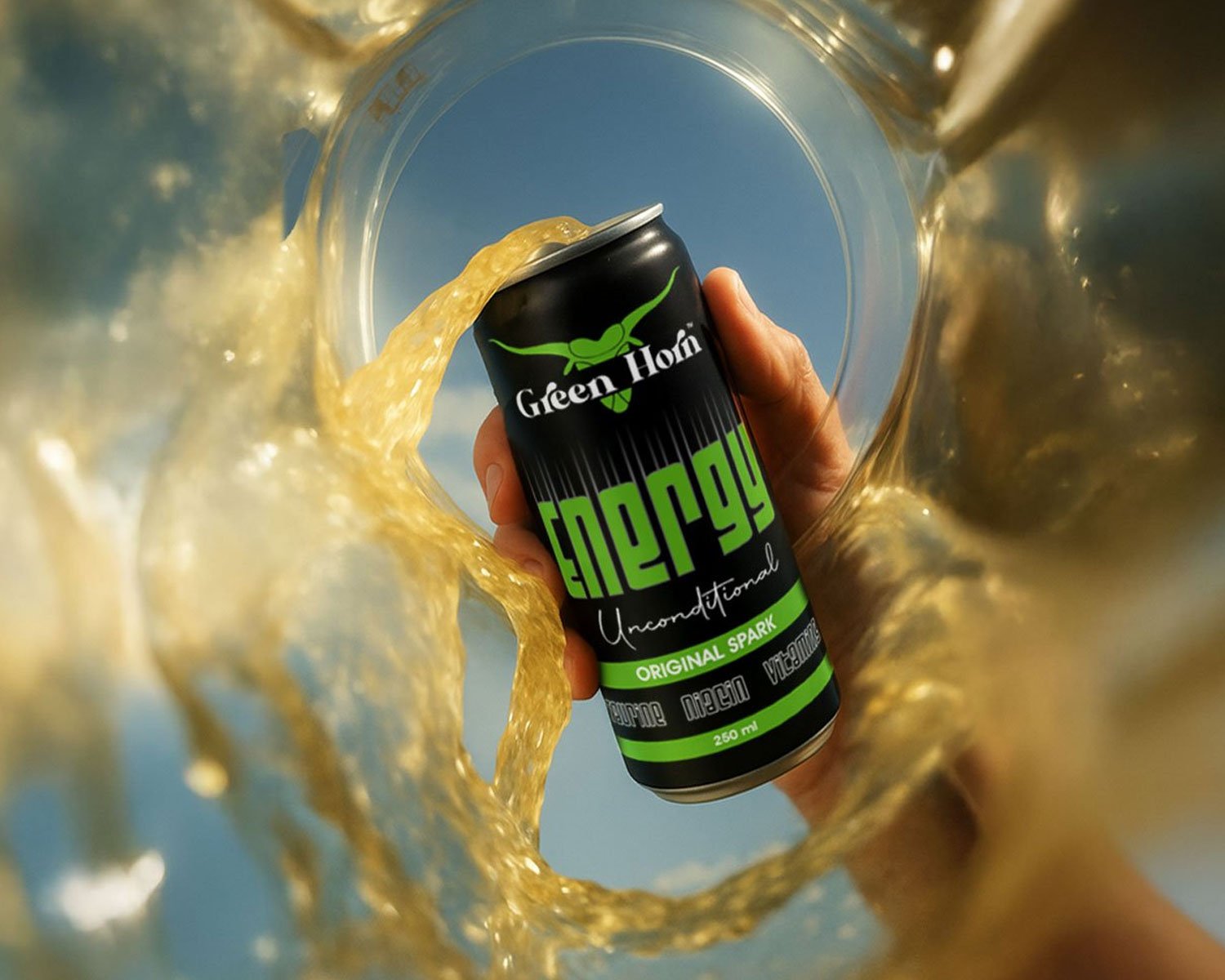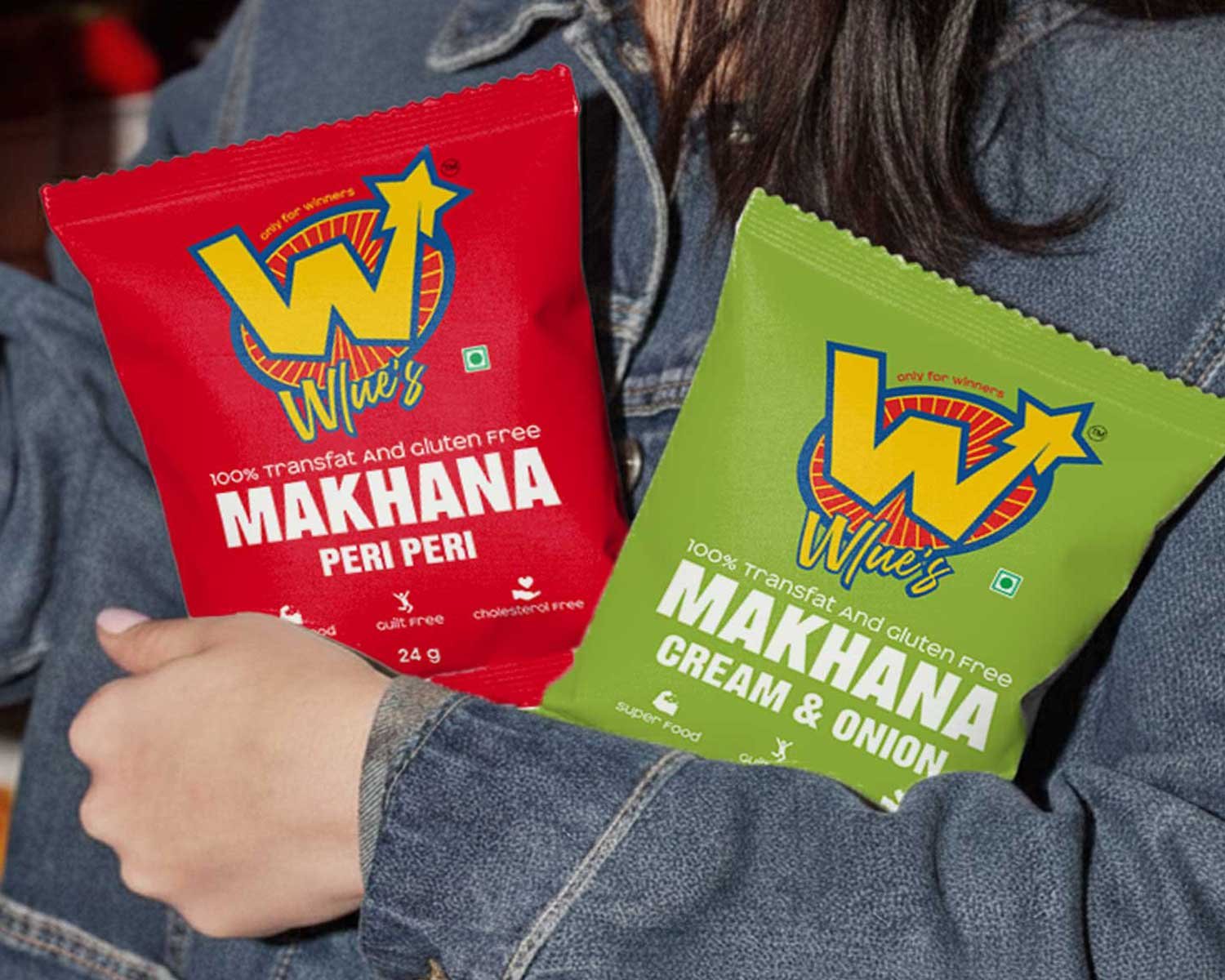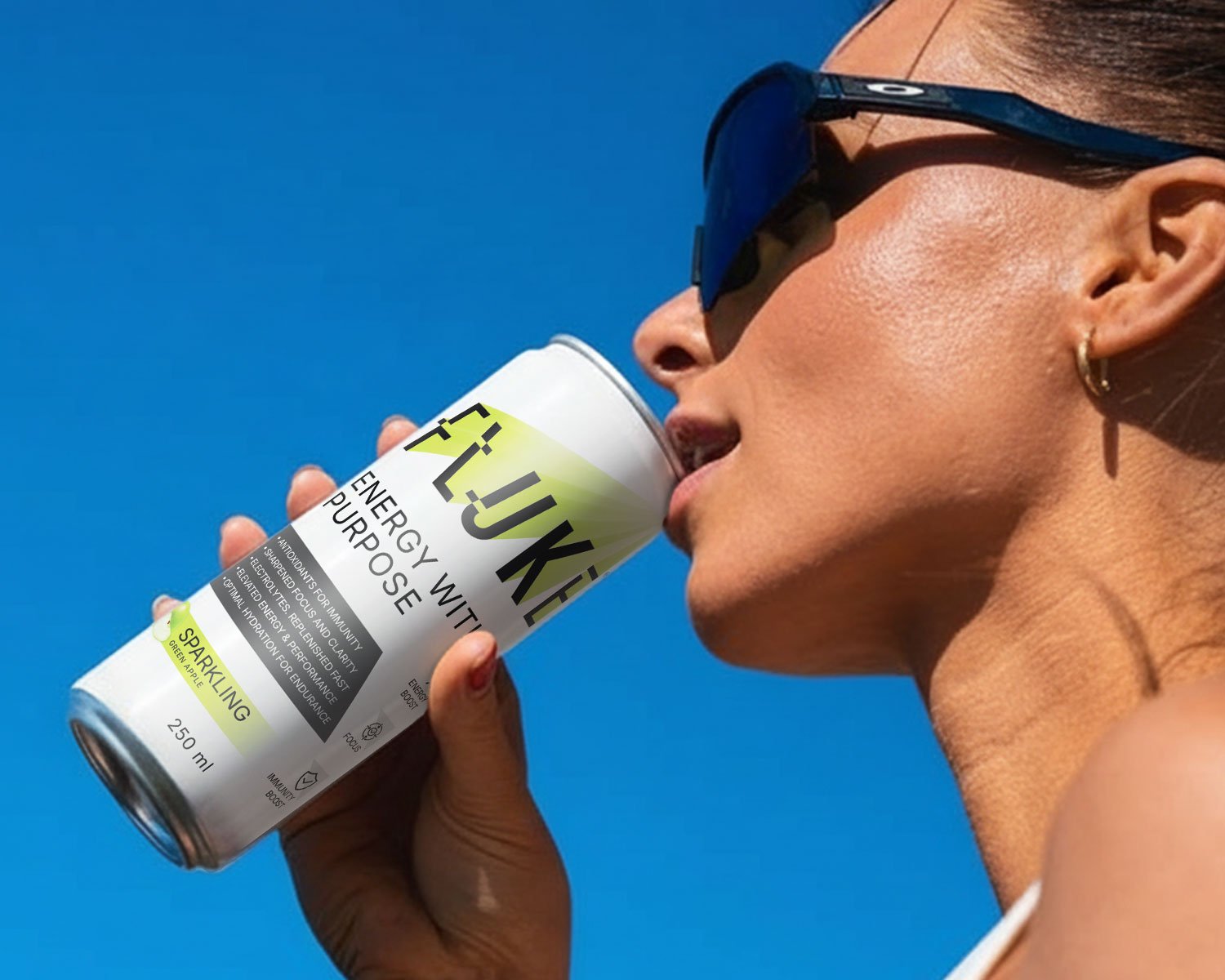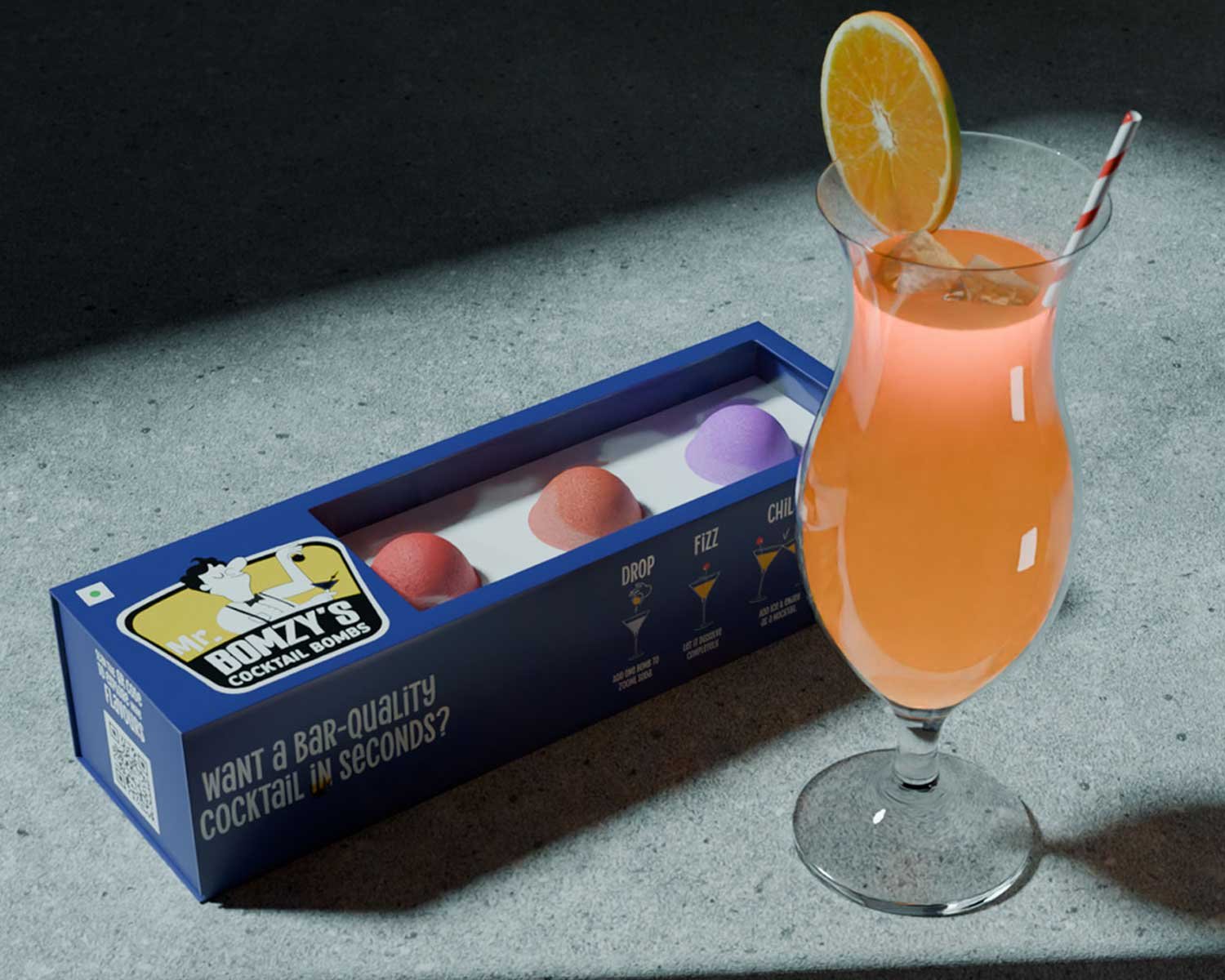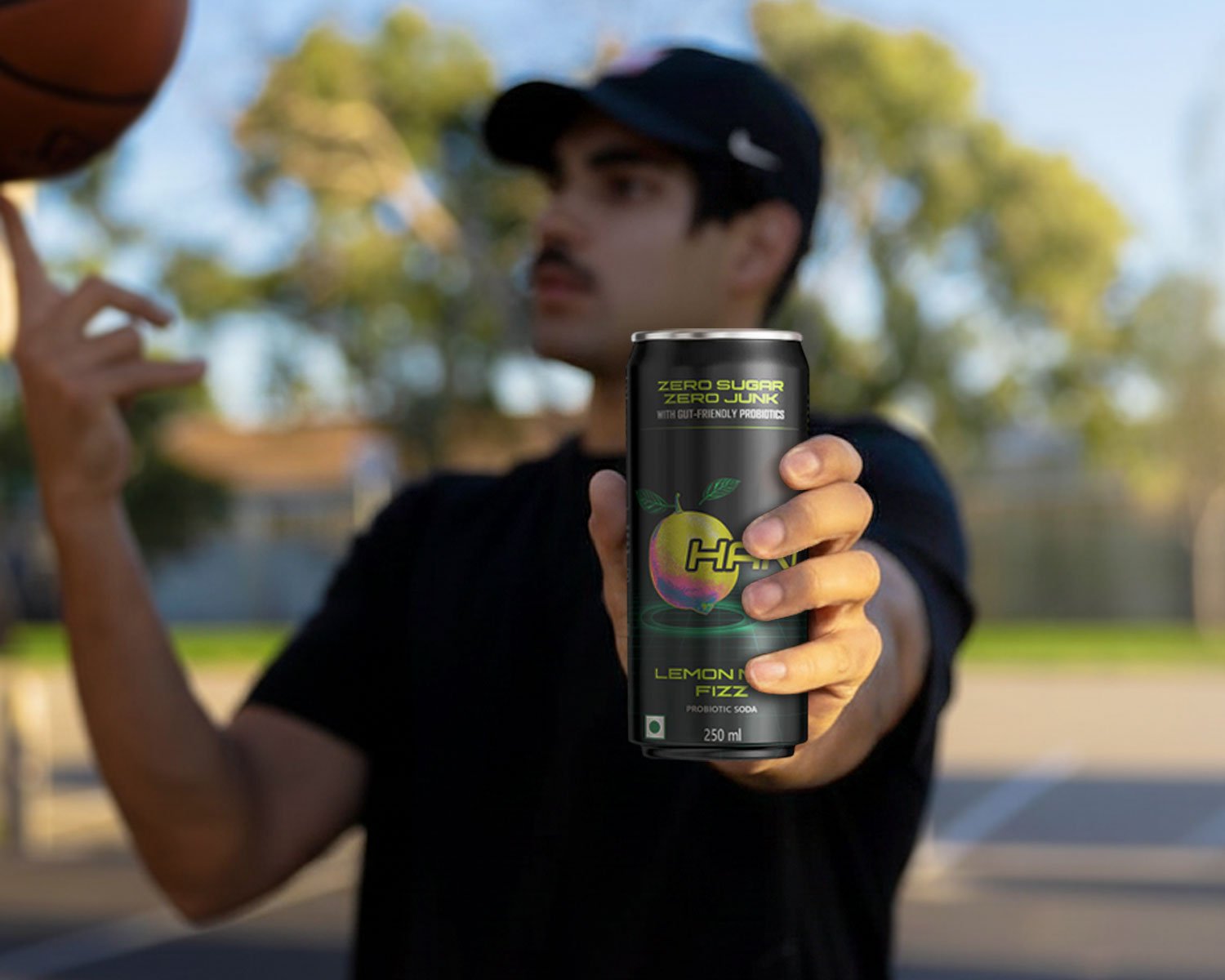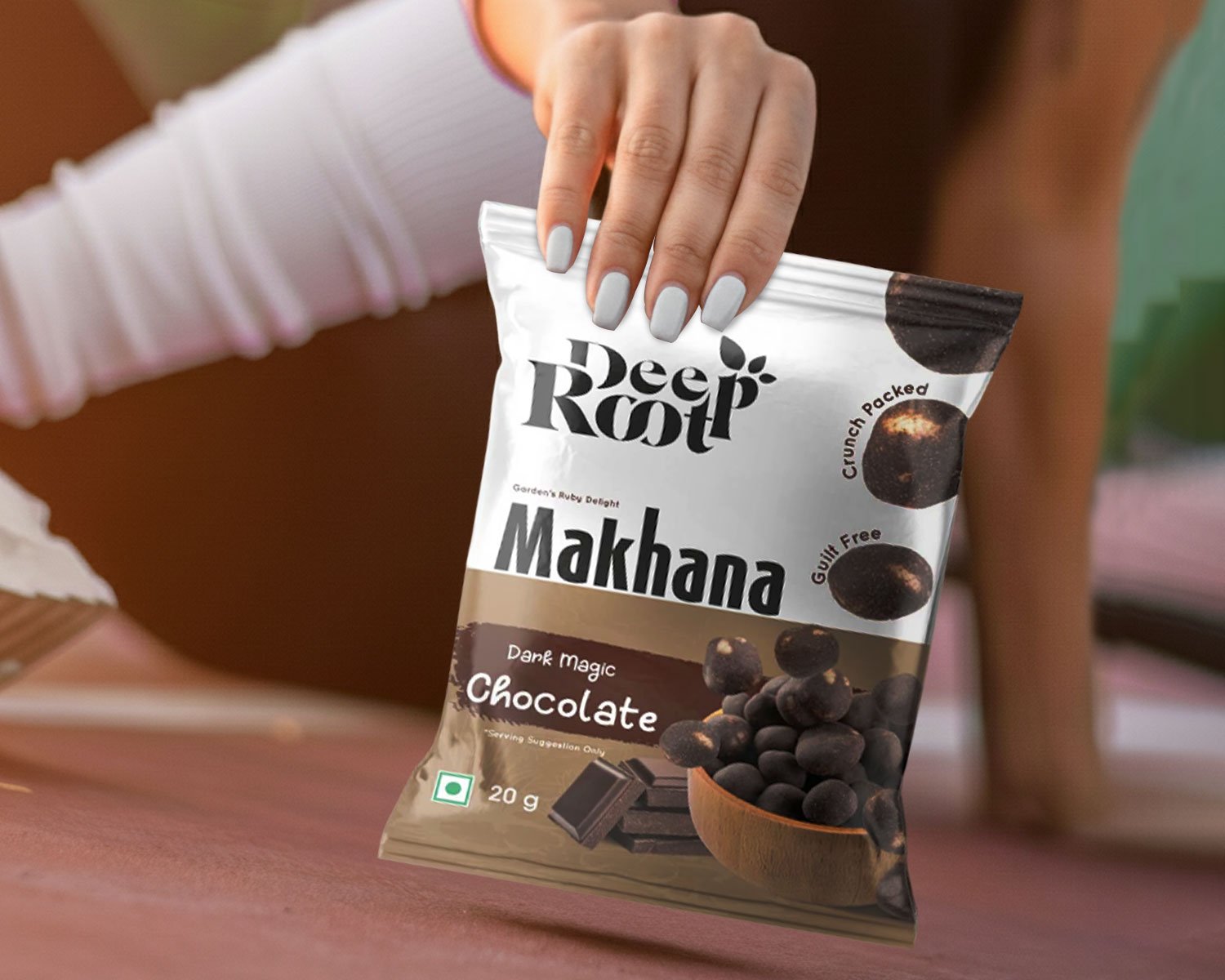Walk into any urban grocery store in India, and you will see that low-sugar plant-based snacks are no longer a niche; they are the new normal. For years, the shelves were packed with overly sweet, fried options, but now people want the snacks that feel good, tasty, and healthy.
With the rising rates of diabetes, weight issues, and general health awareness, people are removing sugar from their diets. With that, plant-based diets are gaining popularity for health, digestion, and environmental reasons. And, this has opened a big opportunity for brands to create something that hits all the right notes, nutrition, taste, and trust. Let’s get deeper into low-sugar plant-based snack formulation for a better understanding of your brand success scope.
Market Insights Of The Healthier Snack Market Of India
1. Healthier Snack Preferences In Urban India
A Global Growth Insights report (2025) highlights a major increase in demand among urban consumers for nutritious snacks:
- A 53% increase in preference for protein- and fiber-enriched snacks
- 39% of people in the Middle East, including India, now seek high-protein, sugar-free snacks
These figures confirm a growing urban demand for healthier snack options with reduced sugar.
2. Market Growth Supported By Health Awareness
- According to the studies, the India healthy Snacks Market is expected to reach US$ 5.34 billion in 2024 to US$ 10.92 billion by 2033, with a CAGR of 8.26 % from 2025 to 2033.
- Other researchers have also witnessed a similar growth (8.7% CAGR from 2025–2035), citing rising interest in low-fat, sugar‑free, gluten‑free snacks and urban consumer awareness.
3. Plant-based Snack Trends In India
An Ipsos report of 2025 shows that India’s plant-based foods market grew to about ₹300 crore (US$36 m) in 2024, with an impressive 18% growth over the previous three years.
4. Wider Snacking Market Growth
IMARC data shows India’s snack market reached ₹50,590.37 crore in 2025 and is expected to double to ₹103,556.03 Crore by 2034 (8.28% CAGR).
Healthy snack innovation is a major driver behind overall category growth. We have now seen this large growth in the healthy snack industry, but what actually ‘low sugar’ actually mean in India? Let’s know that now.
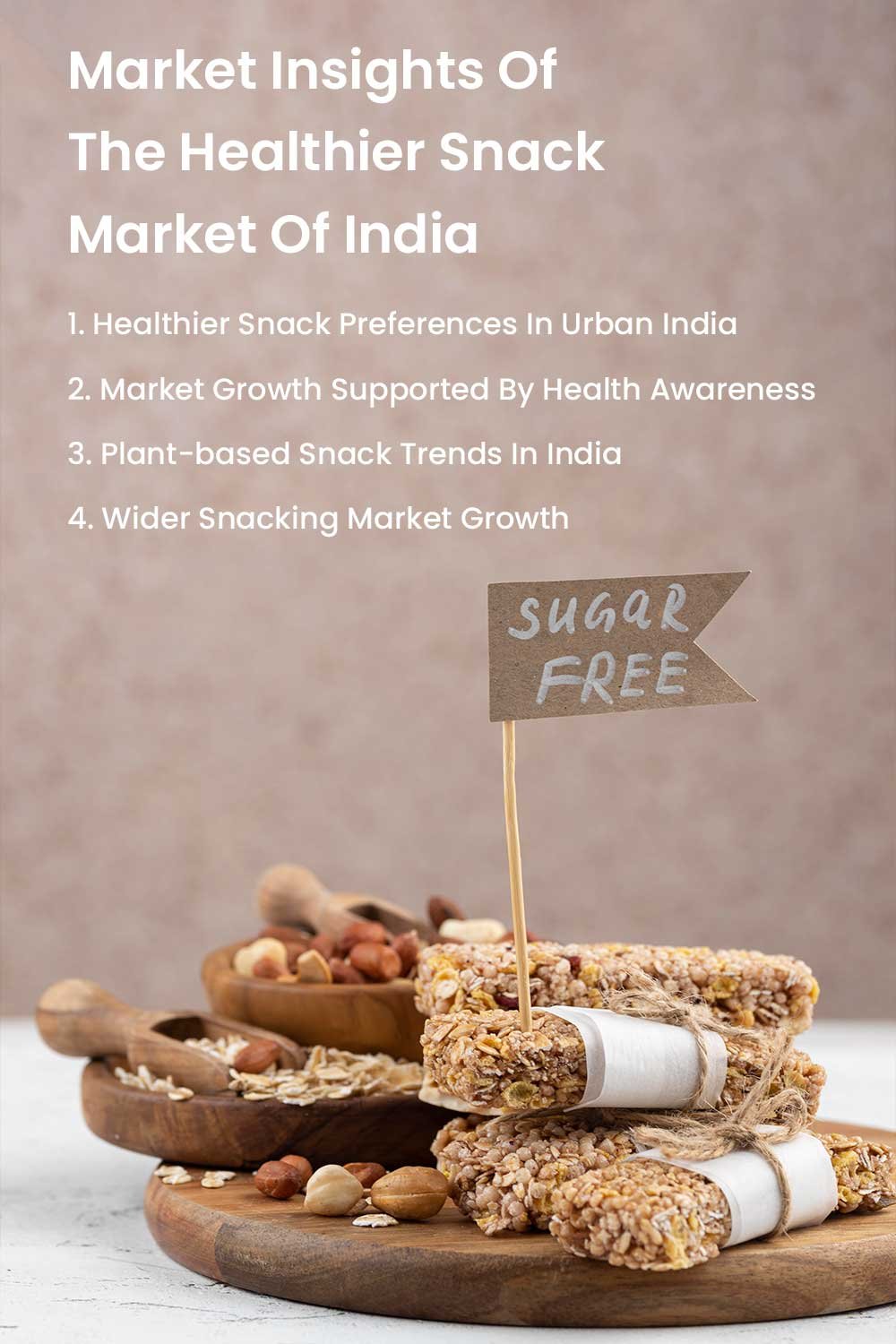
What Does ‘Low Sugar’ Mean In India?
According to FSSAI low sugar labeling guidelines, a snack can only be labeled “low sugar” if it has:
- 5g or less of total sugar per 100g
- Includes both natural and added sugars
Sugar substitutes like stevia or erythritol must be listed on the label with their E-numbers.
Claims such as “no added sugar” or “diabetic-friendly” require full regulatory compliance. Numbers must support the claim, or consumer trust is at risk.
Read More Blog: What Makes A Healthy Snack Healthy? Tips For FMCG Brands
Alternative Sugar Sweeteners For Indian Snack Formulation
Indian consumers enjoy layered, complex flavors. A straight stevia replacement won’t satisfy that expectation. A proper healthy snack recipe formulations need natural sweeteners for snacks that complement the Indian taste profile.
| Sweeteners | Why it works | Where it fits best |
|---|---|---|
| Stevia (INS 960) | Natural, zero-calorie, intense sweetness | Protein bites, granola, and traditional sweets |
| Erythritol (INS 968) | Bulks up volume, mild sweetness without calories | Snack bars, coated nuts, baked snacks |
| Monk Fruit Extract | Clean taste, blends well with other sweeteners | Oat-based snacks, breakfast bars |
| Date/Fig Paste | Natural sugar with fiber and nutrients | Energy bites, laddoos, sticky bars |
| Inulin (Chicory Root) | Adds mild sweetness and prebiotic benefits | High-fiber cookies, soft bars |
🌿 Want to Create a Healthy Plant-Based Snack?
We help you make low-sugar, plant-based snacks for the Indian market. Book a free 30-minute call with our team today.
Choosing The Right Plant-Based Ingredients
Low-sugar clean-label snacks must also deliver on plant-based nutrition, using ingredients that are clean and suitable for the Indian market.
Top-performing plant-based snack ingredients in India include:
- Chickpea Flour (Besan): Protein-rich and widely accepted
- Pea Protein: Neutral, functional, and high-quality
- Makhana (Fox Nuts): Low glycemic index and crunchy
- Oats & Millets: Offer satiety and slow-digesting carbs
- Nut Butters & Coconut: Healthy fats, smooth texture
These ingredients support not just health claims but also flavour, texture, and familiarity for Indian consumers.
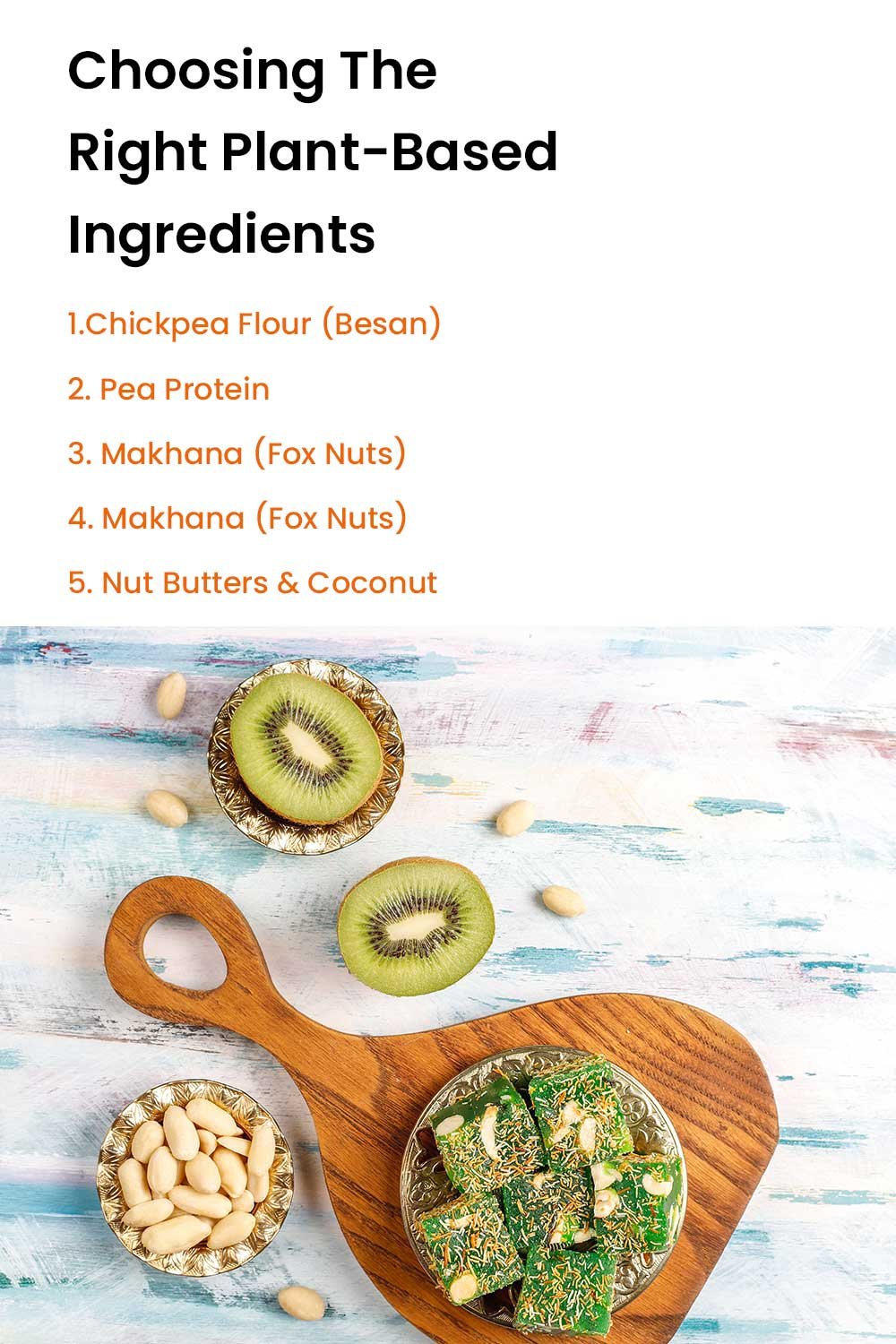
Fixing Common Challenges In Low-Sugar Plant-Based Snack Formulation
Replacing the sugar in healthy snack formulation comes with several issues, like texture, taste, and stability. Here’s how you can handle them:
- Bitterness from the sweeteners- Use monk fruit or mix it up with salt and warm spices.
- Dry or crumbly texture- Add glycerol, soluble fibres, or a touch of natural oil.
- Shorter shelf Life- Use antioxidants like rosemary extract and use airtight packaging.
- Missing “bite” or body- Add bulk with nut flours, oats, or fiber-rich mixes.
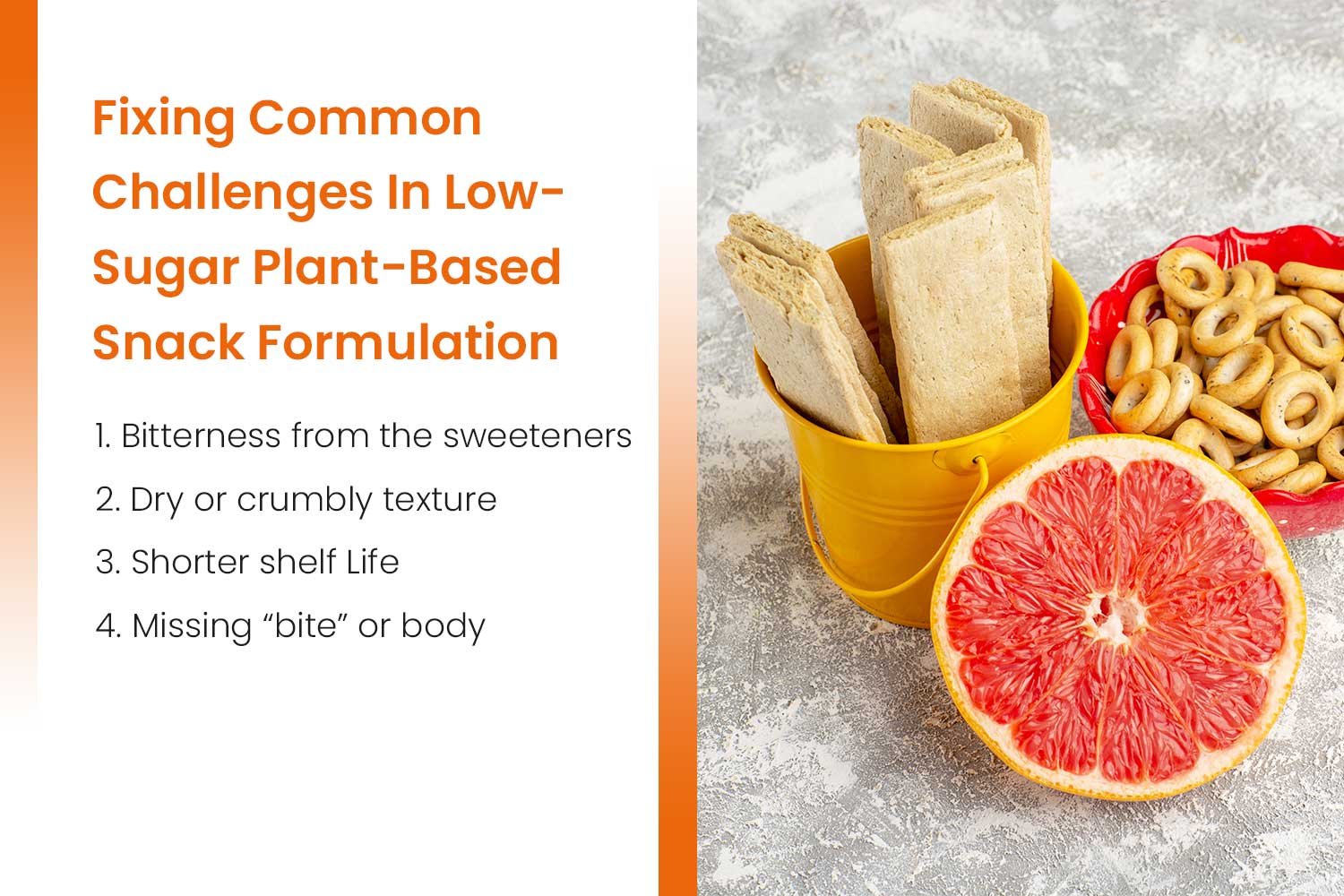
Regulatory Checklist for Indian Market Launch
- Sugar Claim Compliance: ≤5g/100g for “low sugar”
- Label INS Numbers: Stevia (INS 960), Erythritol (INS 968), and more.
- Nutritional Panel: Include sugar per serving and %RDA
- Avoid: Terms like “diabetic snack” unless clinically validated
- FOP Claims: Keep them factual, “plant protein,” “no added sugar,” “high fiber.”

What’s Next? Snacks That Are Functional, Not Just Tasty
High protein low sugar snacks India, plant-based recipes, and diabetic-friendly snack formulations are becoming the main expectations of consumers. The next wave? Snacks that are also:
- High in gut-friendly fiber
- Adaptogen-enriched (e.g., ashwagandha, tulsi)
- Protein-fortified for active lifestyles
- Low-GI certified for diabetic suitability
Consumers now demand snacks that do more, support immunity, energy, focus, while still tasting like a treat.
Low-Sugar Plant-Based Snack Recipe Formulation In India
- Use Natural Sweeteners: Dates, raisins, or monk fruit help in low sugar plant-based snack formulation without refined sugar.
- Add Functional Nutrition: Include lentils, pea protein, oats, or chia for smart plant-based snack formulation.
- Choose Clean Ingredients: Select whole nuts, seeds, and options like roasted makhana to keep labels natural.
- Balance Energy & Texture: Use millets or oats for steady energy and roasted pulses or nut butters for crunch and smoothness.
- Ensure Compliance & Shelf Life: Follow FSSAI norms and use natural binders like dates or flaxseed gel.
Build India’s Next Hit Low-Sugar Plant-Based Snack?
We, the best healthy snack formulation consultant, work with you to turn your idea into a delicious, low-sugar plant-based snack formulation that people love. From perfecting the recipe to making sure it’s ready for the market, we help you build something real, tasty, and better-for-you. Contact us at +91 8130404757. No shortcuts. Just honest food made with purpose. Let’s get started. Book your consultation today.
🎯 Need Help with Low Sugar Plant-Based Healthy Snacks – Consult Now?
Talk to our formulation team directly via call or WhatsApp. No waiting. No spam.
FAQs
Q1. What ingredients can I use to replace sugar in a plant-based snack?
You can use natural sweeteners like stevia, monk fruit, erythritol, date paste, or inulin. Each offers sweetness with fewer calories and supports clean-label claims, but choosing the right one depends on your product’s texture and shelf-life needs.
Q2. How do I maintain taste and texture in a low-sugar plant-based recipe?
Balancing sugar reduction with taste requires layering spices (like cinnamon or cardamom), using fat sources (like nut butters), and adding structure with fibers or natural binders. It’s about smart ingredient pairing, not just sugar removal.
Q3. Is it possible to get FSSAI approval for low-sugar plant-based snacks?
Yes. You must ensure the sugar content is below the threshold (typically <5g/100g) and declare sweeteners using the correct INS numbers. Working with a consultant helps meet both nutritional and labeling standards.
Q4. What are some popular low-sugar plant-based snack formulations in India?
Trending formulations include protein bars, ragi-date bites, roasted makhana mixes, baked millet crisps, and oat-seed cookies, made for urban health-conscious consumers looking for functional yet familiar snacks.
Q5. How can I start formulating a low-sugar plant-based snack for the Indian market?
Start with a strong nutritional goal, choose native plant-based ingredients, and consult an expert to align texture, taste, and shelf-life. A pilot batch helps to perfect the recipe before scaling.

